As I take a few minutes to reflect on the tools I have been using this year, a few keep coming up as my absolute favorites. Students are asking to see the teacher dashboard, to see their …
Get Started for FREE
Sign up with Facebook Sign up with X
I don't have a Facebook or a X account
 Your new post is loading... Your new post is loading...
 Your new post is loading... Your new post is loading...
|

Rosemary Tyrrell, Ed.D.'s curator insight,
August 1, 2014 11:44 AM
Interesting article in the New Yorker on another digital controversy. 
Dr. Helen Teague's curator insight,
August 3, 2014 9:36 AM
Do students retain more information when they read from books rather than from digital devices? Does reading online present challenges due to distractions? Do students need to be taught skills to become better online readers?
Ruby Day's curator insight,
August 3, 2014 5:21 PM
Studies show we are not reading as effectively online as we are with hard copies. This highlights the need for tools to help us read deeper online - e.g annotation type tools. This links to an interesting stuy of year 5 students using collaborative annotation software demonstrating higher performance than the control group's' paper based annotation.

Carla Kessler's curator insight,
August 22, 2015 11:33 PM
When you are reading non-fiction in groups, here are some tools to help your students unpack Tier 2 and 3 words as they discuss their understanding and choose strategies to improve comprehension.

Angela Miller's curator insight,
July 23, 2013 12:15 PM
"Be sure and check out the Cool Tools section [on the left side bar] to access great writing tools for students. The Interactive Tools and the Inquiry resouces are also excellent." 
Rod Powell's curator insight,
July 23, 2013 9:08 PM
Excellent selection of resources, tools, and lessons! |



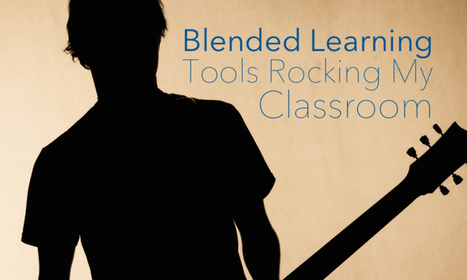

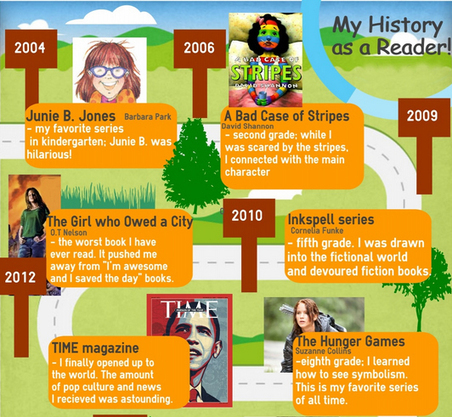
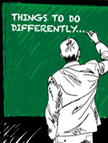

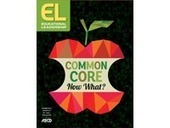
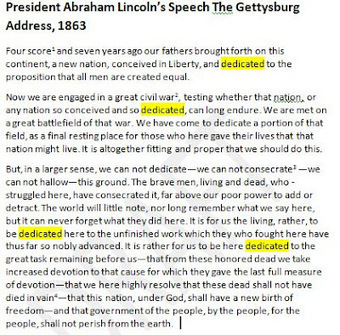
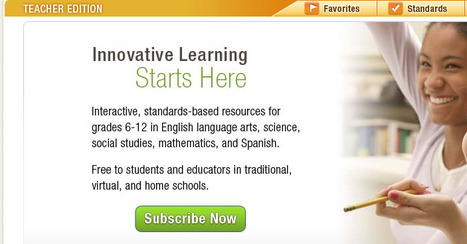





Are you considering using blended learning as a component of your classroom? This post suggests three great tools that may help you move forward on this journey.
* FrontRow provides differentiated math instruction for K- 8. It works across platforms and provides a pre-test (to place students correctly). Tutorials, videos, suggestions of students in their classroom to help are some of the many features provided. There is a free version and schools/districts may also choose to pay for access to more robust reports.
* MobyMax provides access to both ELA and Math for students in Grades K-8. There is a free version as well as a version that costs $99 per classroom (and provides additional tools) as well as a cost for a school. Students earn badges throughout this program. For more information click through to the post.
* Skoolbo also provides ELA and Math resources for students in elementary school. They state “our particular favorites are the ones below 8 years of age..” because they see the most improvement in this age group. Currently Skoolbo is providing free registration to schools in the U.S. who register prior to Dec. 31, 2014.
These are all great tools and you may find one that meets your needs. Each is aligned to the Common Core standards.